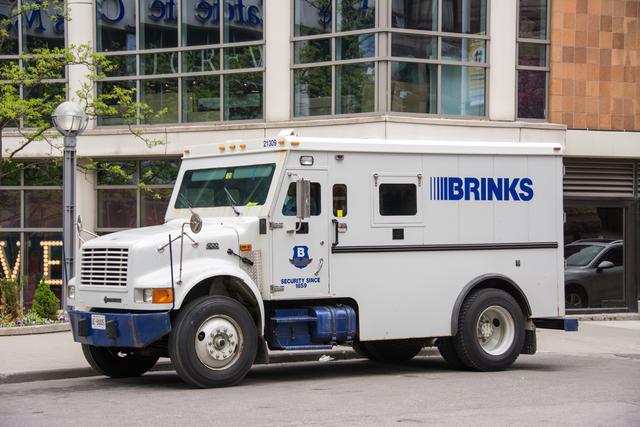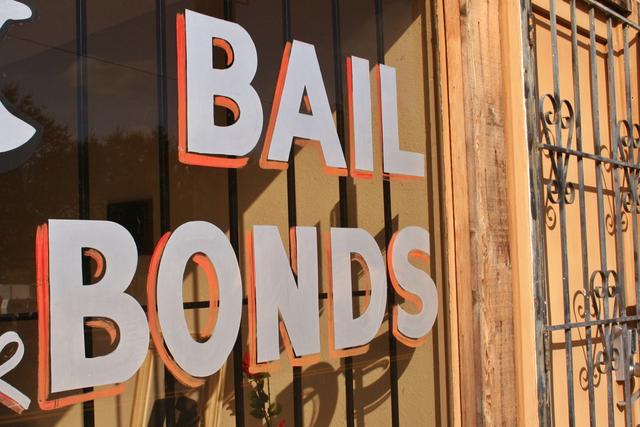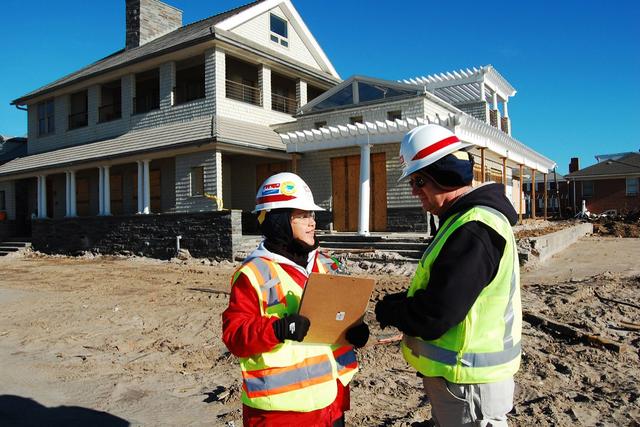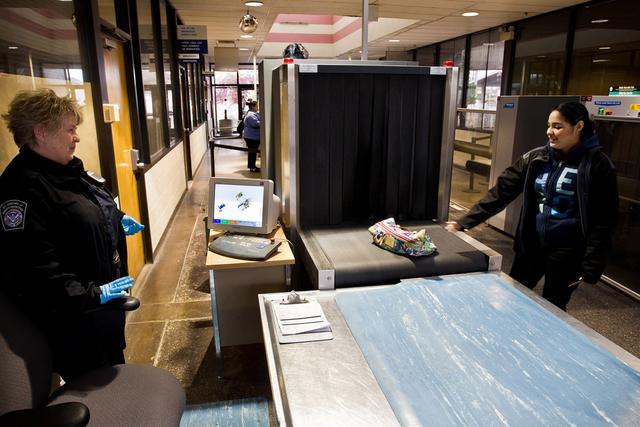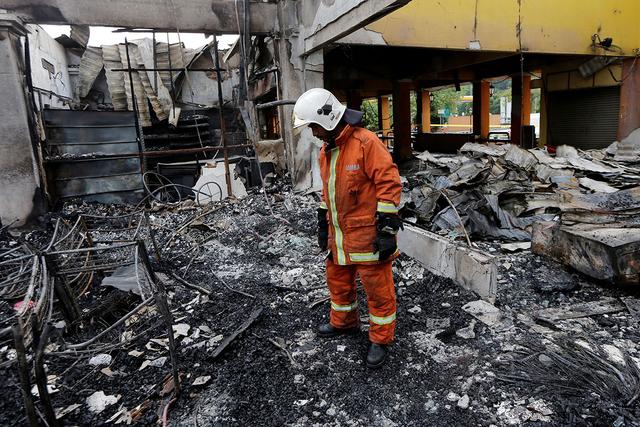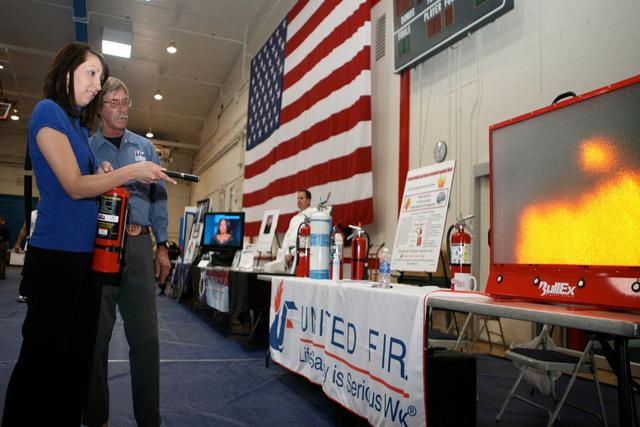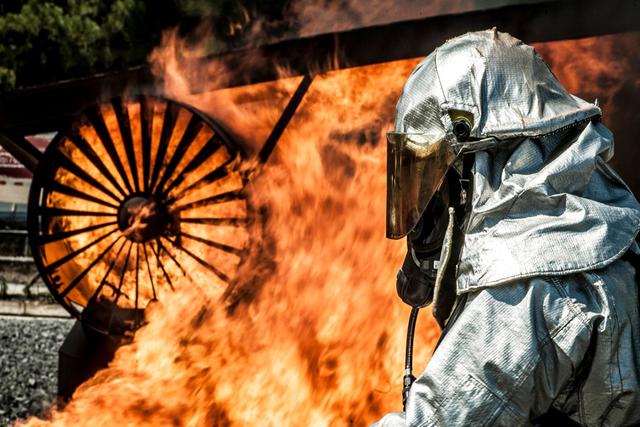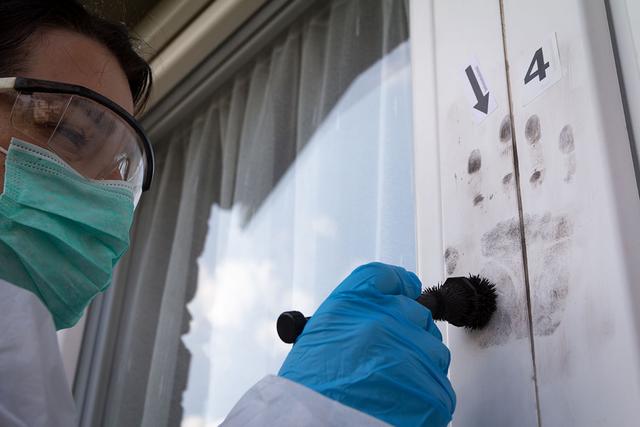Fire Inspectors
Overview

Introduction
Fire inspectors conduct examinations to enforce fire-prevention laws, ordinances, and codes; promote the development and use of effective fire-prevention methods; and provide instruction to the fire department and the general public regarding fire codes and prevention. They are employed by local fire departments and private companies, including factories, sawmills, chemical plants, and universities. Approximately 17,300 fire inspectors and investigators are employed in the United States.
Quick Facts
Median Salary
Employment Prospects
Minimum Education Level
Experience
Skills
Personality Traits
Earnings
Salaries for fire inspectors depend on the employer (public or private sector), the size of the department or company, and the worker’s job title and level of experience. Fire inspectors and investigators earned median annual salaries of $74,160 in May 2023, according to the U.S. Department of Labor (DOL). Ten percent earned less than $46,360, and the highest paid 10 percent of all inspectors a...
Work Environment
Fire inspectors usually spend a few hours in the morning in their offices or at the fire department. From there, they spend most of the day out in the field, inspecting structures ranging from schools to high-rise condominiums. Fire inspectors typically work a standard 40-hour week, Monday through Friday. It can occasionally be stressful to work with business owners, real estate developers, and...
Outlook
Employment for fire inspectors is expected to grow by 6 percent from 2023 to 2033, according to the U.S. Department of Labor (DOL), or faster than the average for all careers. The DOL predicts that there will be a continuing need for fire inspectors to “assess potential fire hazards in newly constructed residential, commercial, public, and other buildings …[as well as] to ensure that existing b...

